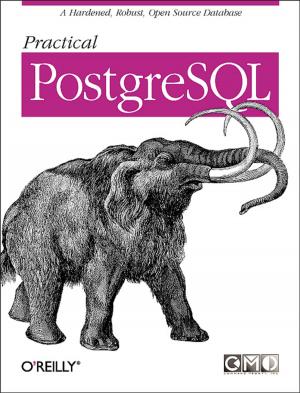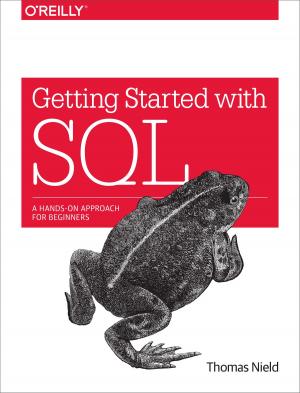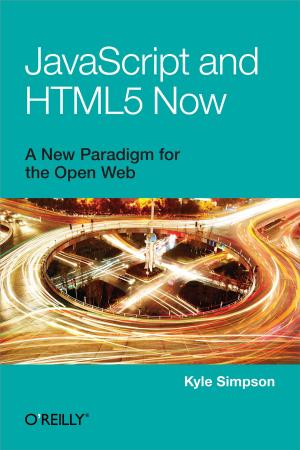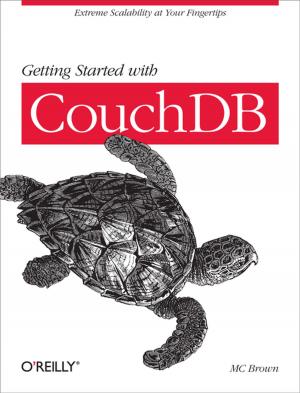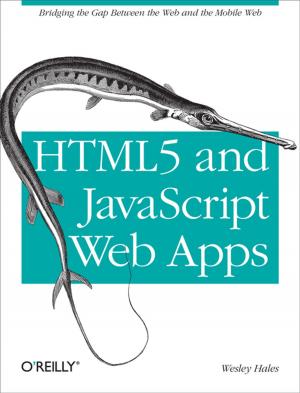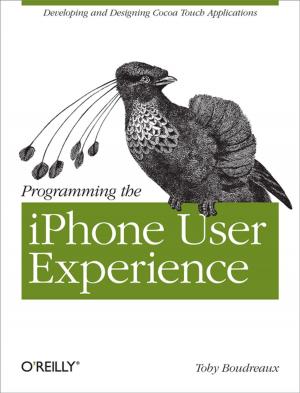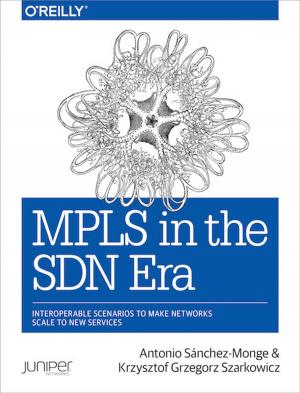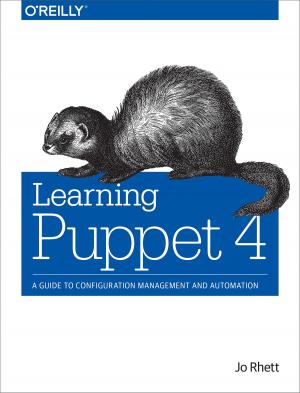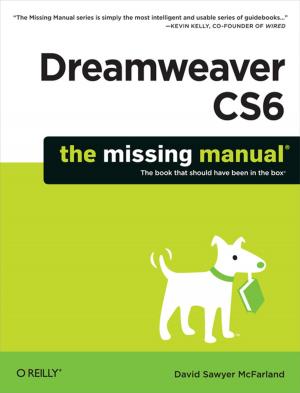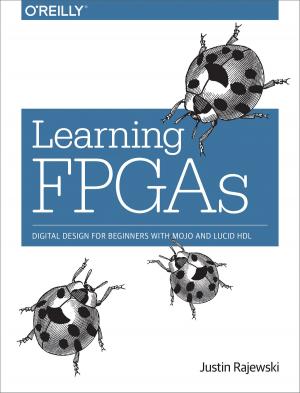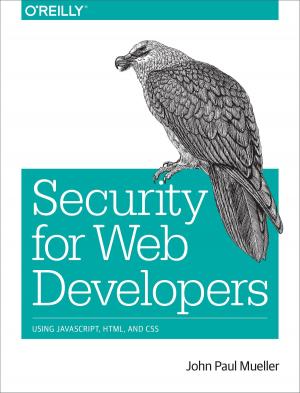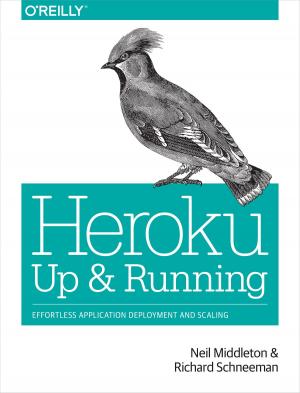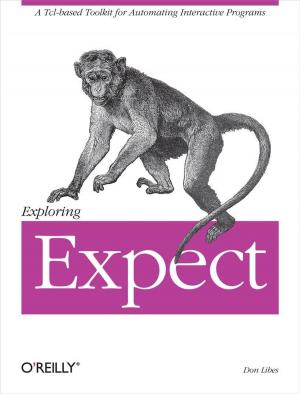Monad (AKA PowerShell)
Introducing the MSH Command Shell and Language
Nonfiction, Computers, Operating Systems, Windows, Advanced Computing, Information Technology, General Computing| Author: | Andy Oakley | ISBN: | 9780596552848 |
| Publisher: | O'Reilly Media | Publication: | December 12, 2005 |
| Imprint: | O'Reilly Media | Language: | English |
| Author: | Andy Oakley |
| ISBN: | 9780596552848 |
| Publisher: | O'Reilly Media |
| Publication: | December 12, 2005 |
| Imprint: | O'Reilly Media |
| Language: | English |
Windows PowerShell, formerly know by its codename "Monad" and available now for Windows Server 2003, Windows XP, and Windows Vista, and soon for Exchange Server 2007 and MOM, is the future of Windows administration. From setting up automated build environments to managing 20,000 Exchange email clients in an organization, any tool that reduces the number of repetitive steps an administrator must perform, is a real win. Even better, PowerShell part of a major Microsoft initiative that aims to replace a host of Windows management tools with a single, unified shell. This is the promise of PowerShell and the reason IT professionals need to start learning how to use it today
Reflecting the best of legacy tools such as bash and the Korn shell, PowerShell also breaks new ground in its command language design and its use of the object-oriented .NET Framework. And there is no better way to learn how to put PowerShell to work than to get your hands on Monad, O'Reilly's innovative, hands-on introduction to the tool. This concise 200-page book is an exciting tour of some of the new capabilities thatPowerShell puts into the hands of system administrators and power users, and is the perfect complement to existing PowerShell documentation.
With more than 40 hands-on activities, the book covers every angle, from using PowerShell commands and its object-oriented pipelines to querying systems, generating reports and writing scripts that automate existing tasks. Adding to the lure is the fact that the book is written by Microsoft manager, Andy Oakley with a Foreword by PowerShell architect Jeffrey Snover-so you can be certain that it's teeming with inside information. Monad lets you see for yourself how PowerShell can significantly improve your productivity.
Because the PowerShell technology has wide appeal, so, too, does this compact guide. Developers, administrators, and power users alike can all benefit from its insight. If you're someone who habitually drifts toward the c-m-d keys, knows all of the switches to most command tools, or spends time authoring batch files to solve new challenges, this book is right up your alley. And if your organization plans to upgrade soon to Exchange 2007 or MOM V3, there's no time to waste.
Breaking News: A PowerShell RC1 Update to the book is now available at no charge from the book's catalog page on oreilly.com!
Windows PowerShell, formerly know by its codename "Monad" and available now for Windows Server 2003, Windows XP, and Windows Vista, and soon for Exchange Server 2007 and MOM, is the future of Windows administration. From setting up automated build environments to managing 20,000 Exchange email clients in an organization, any tool that reduces the number of repetitive steps an administrator must perform, is a real win. Even better, PowerShell part of a major Microsoft initiative that aims to replace a host of Windows management tools with a single, unified shell. This is the promise of PowerShell and the reason IT professionals need to start learning how to use it today
Reflecting the best of legacy tools such as bash and the Korn shell, PowerShell also breaks new ground in its command language design and its use of the object-oriented .NET Framework. And there is no better way to learn how to put PowerShell to work than to get your hands on Monad, O'Reilly's innovative, hands-on introduction to the tool. This concise 200-page book is an exciting tour of some of the new capabilities thatPowerShell puts into the hands of system administrators and power users, and is the perfect complement to existing PowerShell documentation.
With more than 40 hands-on activities, the book covers every angle, from using PowerShell commands and its object-oriented pipelines to querying systems, generating reports and writing scripts that automate existing tasks. Adding to the lure is the fact that the book is written by Microsoft manager, Andy Oakley with a Foreword by PowerShell architect Jeffrey Snover-so you can be certain that it's teeming with inside information. Monad lets you see for yourself how PowerShell can significantly improve your productivity.
Because the PowerShell technology has wide appeal, so, too, does this compact guide. Developers, administrators, and power users alike can all benefit from its insight. If you're someone who habitually drifts toward the c-m-d keys, knows all of the switches to most command tools, or spends time authoring batch files to solve new challenges, this book is right up your alley. And if your organization plans to upgrade soon to Exchange 2007 or MOM V3, there's no time to waste.
Breaking News: A PowerShell RC1 Update to the book is now available at no charge from the book's catalog page on oreilly.com!

